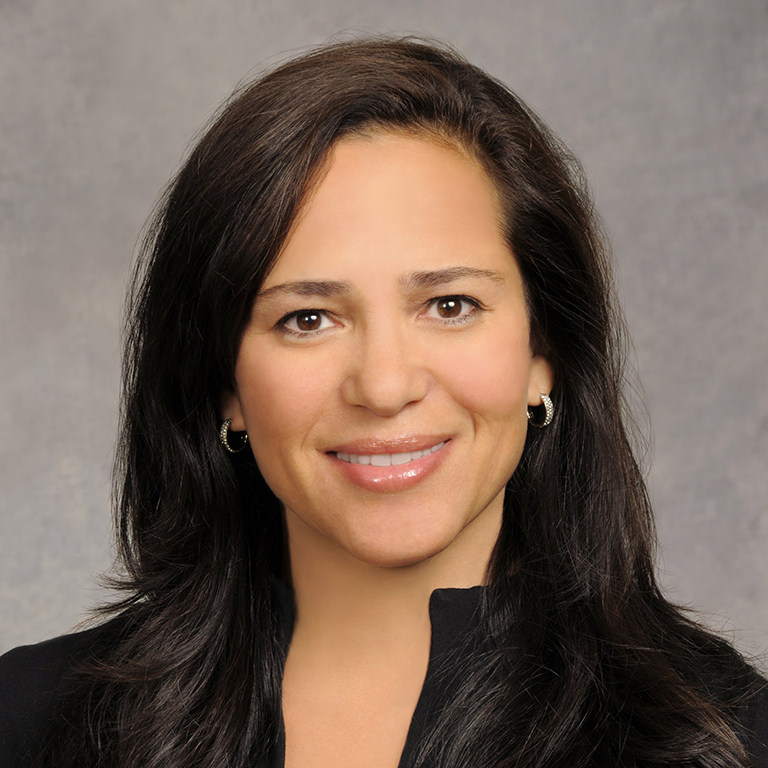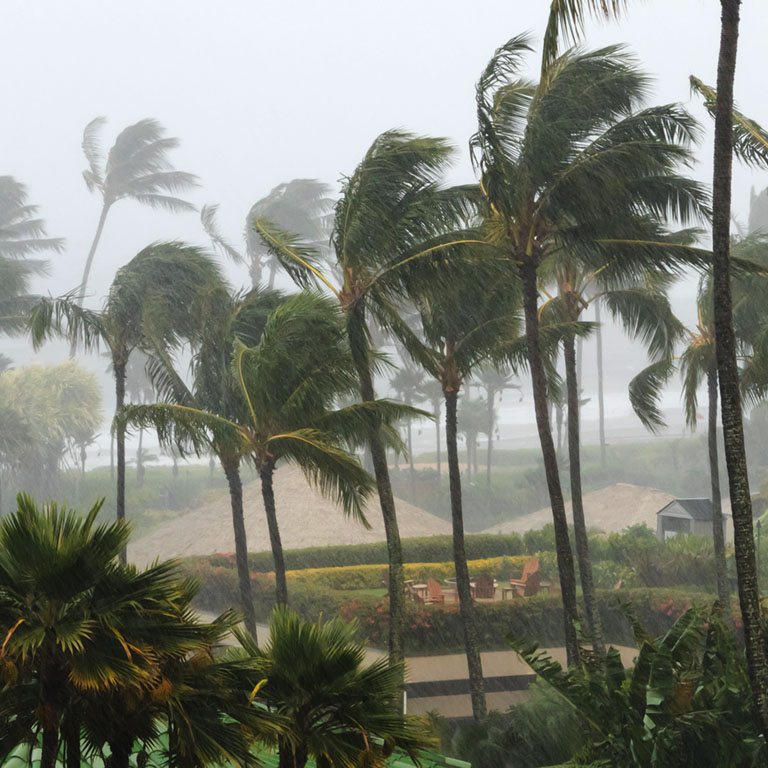In November, government and private sector leaders from around the world gathered in Glasgow, for the 26th UN Climate Change Conference (COP 26), to discuss the continued actions that are needed to mitigate the effects of climate change.
While much of the media hype around the conference may have subsided for the moment, the efforts of government and business leaders continue. In fact 2022 looks like it will be busier than ever as climate reporting and ESG considerations more broadly, become front of mind for risk advisors, CEOs and company directors. In fact, action is already ramping up here in the Pacific.
New Zealand recently became the first country in the world to pass legislation to make climate risk reporting mandatory for banks, assets managers and insurers. And while the Australian Government did cop some bad press during COP26, there has actually been more progress than some may think.
The Australian Prudential Regulation Authority (APRA) has endorsed the use of the Task Force for Climate and Financial Disclosure (TCFD) framework and it has just released its final prudential practice guide on climate change financial risks (CPG 229). The Australian Securities and Investment Commission (ASIC) has also issued climate change risk guidance for company directors and has supported the use of TCFD reporting framework for those companies that face a material risk from climate change. In this episode of Marsh’s Risk in Context podcast, Victor’s Yvonne Castillo and Amy Barnes, Head of Climate and Sustainability at Marsh, discuss the key takeaways from COP 26 and their implications for organisations and risk management – no matter where you are in the world.
Who is this for? CEOs, Company Directors, Risk Managers
How long: 27 mins
Topics discussed:
- What is COP all about? A quick refresher
- Sourcing efficient, clean energy and transitioning to new technologies.
- What we can learn from US clean energy policy & market trends.
- The building industry and the imperative for sustainable ‘re-fits’
- What companies need to be thinking about in their business models or operations.
- Climate reporting: ‘first order’ (physical) risks, ‘second order’ (supply chain) risks and ‘third order’ (transition) risks.
- The ‘virtuous circle’ of green finance, regulation and investment.











